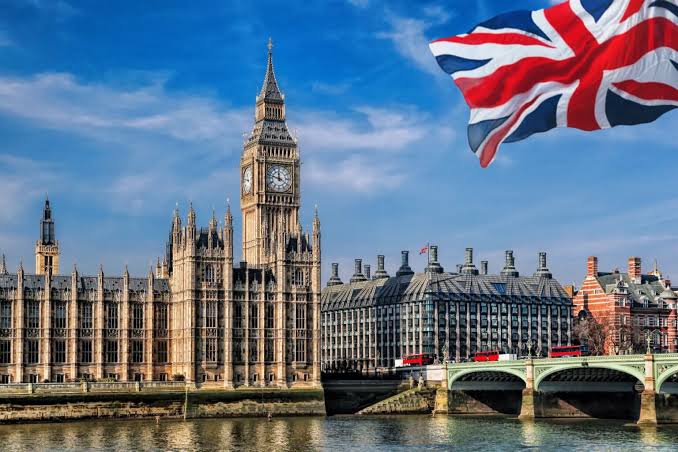
The Future of British Governance: Assessing the Impact of the 2024 General Elections
Should the Labour Party achieve a majority, it would signify a significant shift in UK politics, potentially heralding a new era focused on redressing issues exacerbated by previous administrations.
The forthcoming 2024 United Kingdom general elections represent a critical juncture in British political history, potentially concluding a 14-year period characterized by Conservative governance marked by instability and controversy. The political landscape is charged with anticipation, a pervasive sense of disillusionment, and a strong desire for transformation.
A Turbulent Electoral Campaign
The current electoral cycle has been notably subdued, unfolding against a backdrop of unfavorable polling for the Conservative Party, which appears resigned to the possibility of defeat. Conversely, the Labour Party, led by Keir Starmer, has opted for a strategy of limited public exposure, focusing on maintaining discipline rather than engaging in extensive public discourse. This approach has left a considerable segment of the populace feeling disconnected and disenfranchised, longing for more substantive political engagement.
Widespread Public Disillusionment and Prospects for Change
Disillusionment is acutely felt across the UK, as evidenced by recent field reporting in diverse locations, from urban centers like Stoke-on-Trent to smaller communities. Electors express a profound sense of betrayal stemming from unmet promises, particularly those associated with Brexit and past Conservative leadership. Issues such as the decline of communal spaces, the prevalence of precarious employment conditions, and the general deterioration of social cohesion are frequent grievances among voters.
This pervasive dissatisfaction could significantly influence the election outcome. Despite polls indicating a substantial majority for Labour, there remains a significant contingent of undecided voters who could determine the final results.
The Stakes and Potential Implications
Should the Labour Party achieve a majority, it would signify a significant shift in UK politics, potentially heralding a new era focused on redressing issues exacerbated by previous administrations. Priority areas likely to be addressed include healthcare, employment legislation, and social welfare, all of which have been contentious among the electorate.
The potential for systemic transformation is substantial, yet so are the challenges. The incoming government will be tasked with confronting entrenched issues such as social inequality, economic stagnation, and regional disparities. Additionally, the global context—marked by economic pressures and geopolitical tensions—will test the resilience and adaptability of the new administration.
The incoming government will be tasked with confronting entrenched issues such as social inequality, economic stagnation, and regional disparities.
Conclusion
The 2024 UK elections are more than a mere political contest; they represent a referendum on the country’s future direction in addressing the multifaceted challenges of our era. The electorate’s profound disillusionment presents both a challenge and an opportunity for the contending parties. The outcome of these elections will profoundly affect the UK’s domestic policies and its international role, underscoring the critical nature of these elections not only for the UK but also for its global interactions. As the campaign progresses, it will be imperative for all parties to engage more effectively with voters by addressing their concerns and presenting clear, actionable visions for the future.
Riya Kothavale is a Research Fellow at the Sixteenth Council



